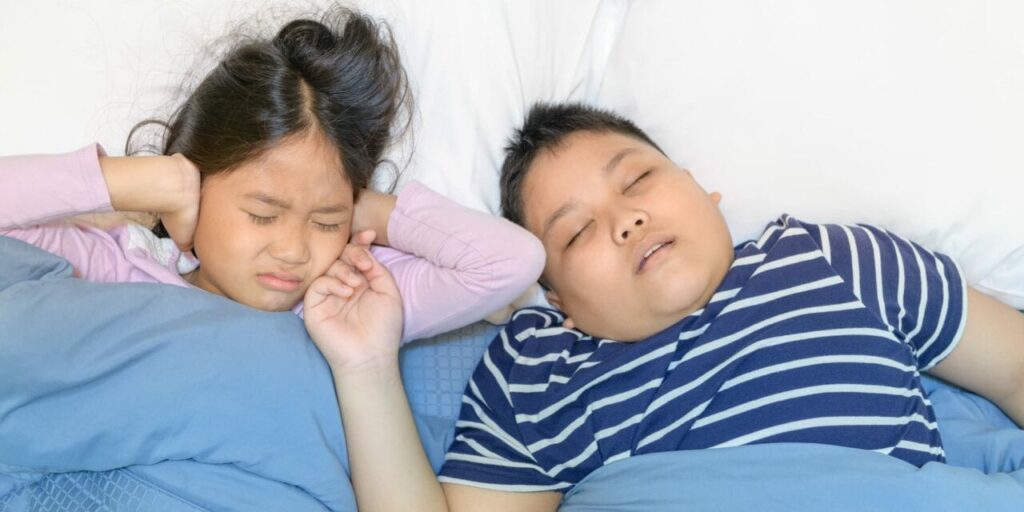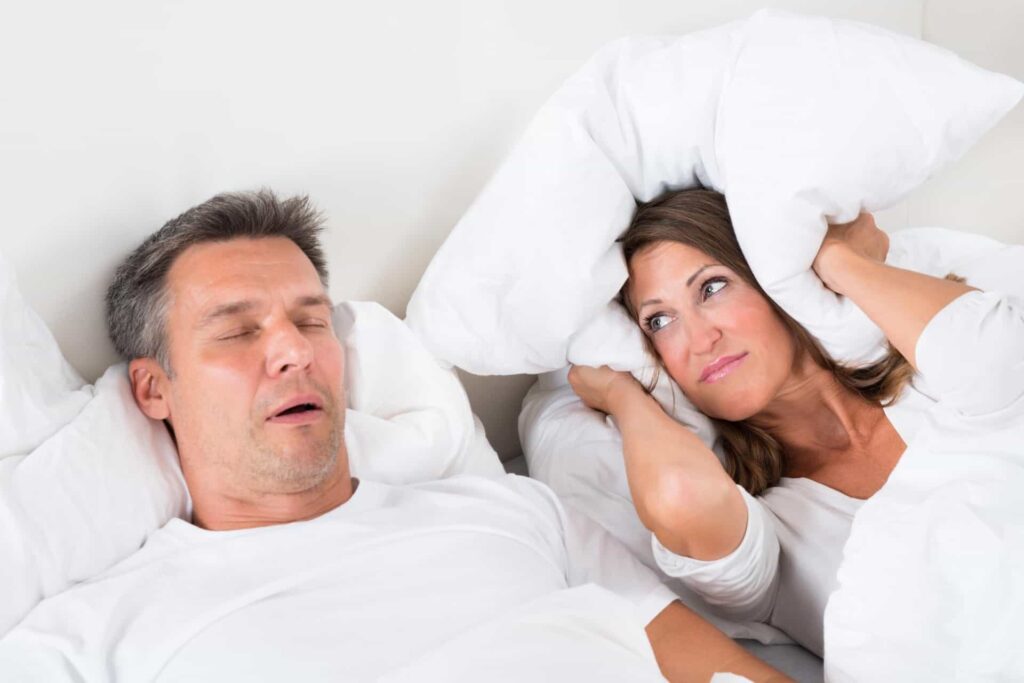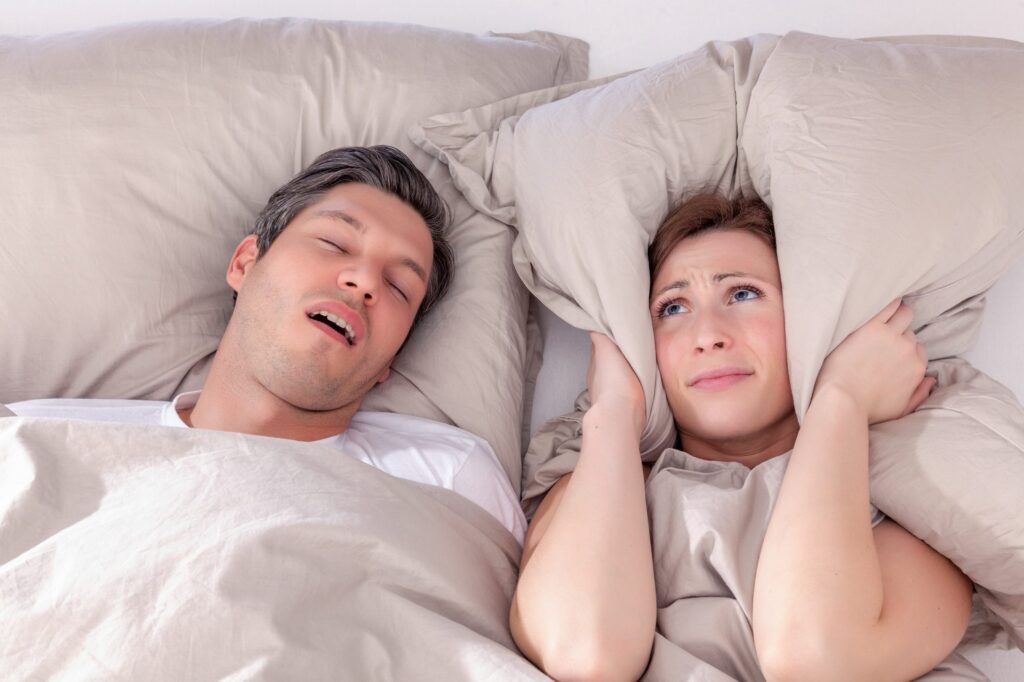Sleep is an indispensable part of life, and there is a limit to the number of days a man can spend without sleep. One of the most significant benefits of good sleep hygiene is boosting your immune system. It is perhaps the cheapest treatment for any disease at your disposal. The natural way for the body to fight any infection in the body is by getting plenty of sleep to improve one’s hygiene.
While working to prevent or recover from an infection, see to it that you have good sleep hygiene australia that can overcome any condition. Good sleep hygiene can help you provide the proper immunity to prevent diseases, including COVID-19. On the other hand, excellent sleep hygiene can also hasten your recovery from any illness.
This article explores some common sleep disorders and the most effective treatments. First, sleep disorders are some of the most challenging medical conditions one can face. And it comes in different stages and levels depending on the person’s physical condition, age, and gender. On the other hand, a school of thought holds that almost everyone has experienced some sleep disorder at one point or the other. Also read out What are the risks of undergoing Lasik surgery?
Common Sleep Disorders
- Insomnia
Insomnia is the difficulty one experiences when trying to sleep or stay asleep. It often affects the person only for a short time, for a few nights or weeks. Any insomnia that exceeds this period may require urgent medical attention. In extreme cases, the causes of insomnia may get chronic and last for several months or even years. Often, such points will require drugs, injections, or even both.
- Narcolepsy
Another major sleep disorder that one can experience is called Narcolepsy. It involves a high level of insomnia known as hyper-insomnia. It is a condition with an uncontrollable level of excessive sleep tendency. It occurs when one feels very dizzy and sleepy even during what is expected to be the active hours of the day.
- Snoring
Perhaps, snoring is the most common sleep disorder where one makes some turbulent sound while asleep. This sound comes from a soft tissue vibration behind the throat. Sleeping beside anyone that snores can be very frustrating because it affects the person’s snoring and disturbs the other person’s sleep. Meanwhile, it is worthy of note that the snoring sound does not come from the nose. Instead, the sound of snoring occurs behind the airway of a person.
- Night Terrors
The night terror disorder is when the person screams out from the sleep because of some dreadful experience from a dream. Sometimes, the person cries, thrashes around, or groans from the state of rest. When a person experiences a night of terror, it is usually challenging to wake the person out of such sleep, especially during the outburst.

Sleep Disorder Treatments for a Good Sleep Hygiene
It is not enough to mention some of the disorders one may experience with sleep. How about the treatments? However, several treatments exist for the different sleep disorders one may encounter. Solutions are countless, ranging from lifestyle changes to other adjustments here and there to the complex surgical operation to correct the issues. However, we will deal with only the commonly preferred ones.
- Snoring Mouthpieces
As snoring is the most typical sleep disorder, starting our sleep disorder treatments by dealing with snoring mouthpieces is only natural. There have been countless studies on the cause, effect, and treatment of snoring disorder. But since the condition is physiological, the solution should be the same. Hence the use of mouthpieces to control where the vibrations come from in the buccal cavity. There are now tested snoring mouthpieces that relieve snorers.
- CPAP Machines and Masks
CPAP stands for the Continuous Positive Airway Pressure. It is the machine that is used popularly to treat any obstructive sleep apnea. While using this machine can help to keep the airway open while sleeping. CPAP is a very efficient tool and can quickly help anyone overcome sleep apnea disorder.

- BIPAP Machines and Masks
The BiPAP machine is similar to the CPAP machine. It is used to treat the breathing disorder one experiences with sleep. The difference between the two machines is seen in the additional pressure setting in the former. It has a principle that depends on using two pressures while the breathing cycle continues. It allows the person to inhale one pressure and exhale stress simultaneously. In some cases, BiPAP is referred to as BPAP, which stands for a Bilevel Positive Airway Pressure.
- Pharmaceutical Insomnia treatments
There are many methods of solving the insomnia problem but let us look at the use of drugs here. The first thing to note about this method is that it only temporarily applies to insomnia. The reason is simple: it tends to become a habit when you take sleep medications, and the body gets used to it. Soon, the body becomes dependent on it to sleep.
This dependency is hazardous for the organic process and productivity of sleep. Therefore, when using drugs to treat insomnia, it should be combined with some of the other methods as follows:
- Removing any external triggering factor that may be responsible for it. for example, it may be caused by stress or addiction to caffeine
- Jet lags can also cause an inability to sleep, and this case is not classified as insomnia.
- You may also want a regular job that gives you more control over your time. As a result, you can decide the right time to go to bed or wake up from bed.
- Limit other activities that may contribute to your inability to sleep or stay sleeping
Conclusion
Finally, sleep hygiene procedures or practices help you create better sleeping habits for sound sleep. When you get a good sleeping habit, you can be sure of a better healthy habit for prolonged life. At the same time, a good sleep hygiene practice may be as simple as ensuring you get the bed before you sleep and not end it on the sofa.

